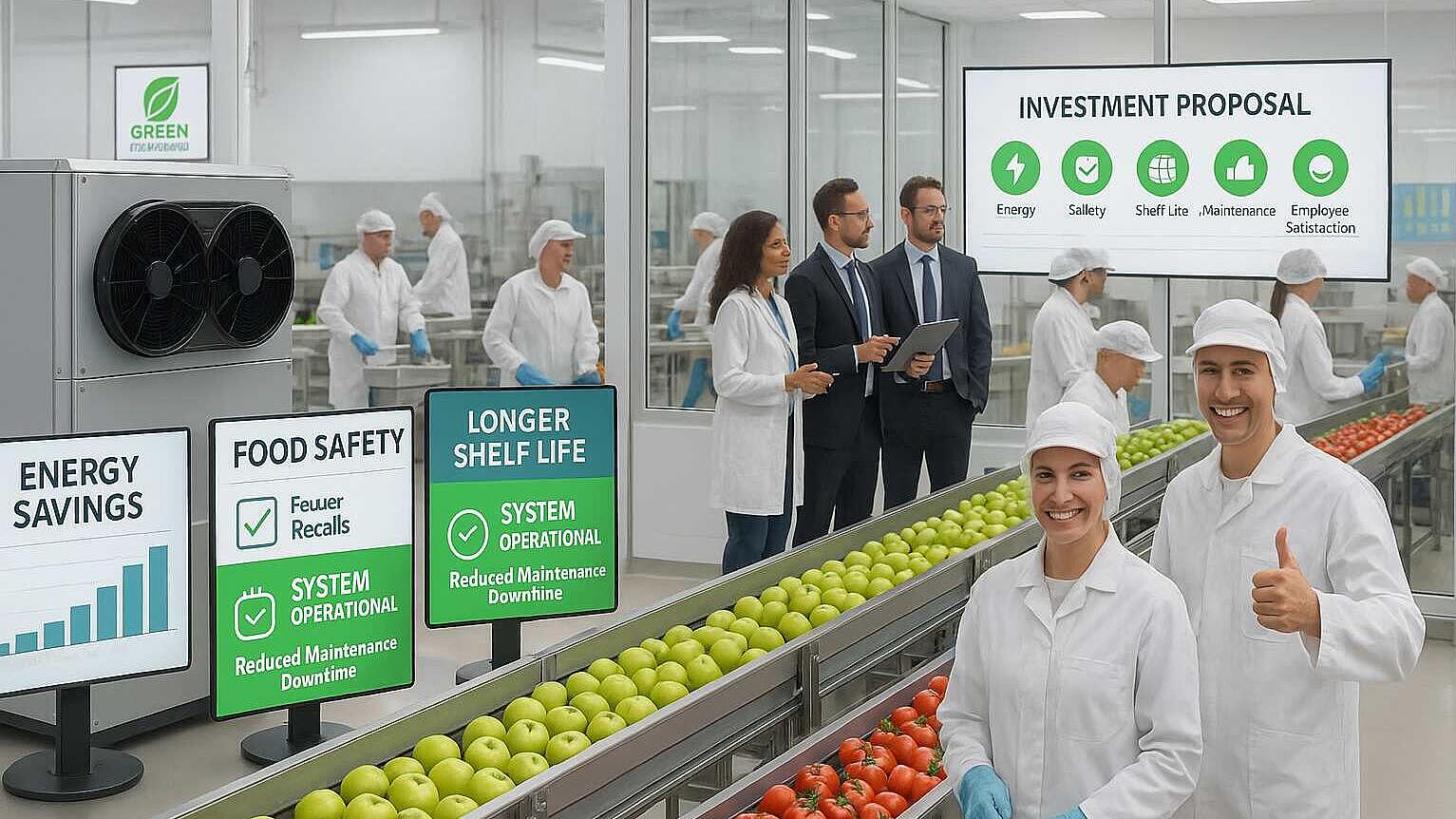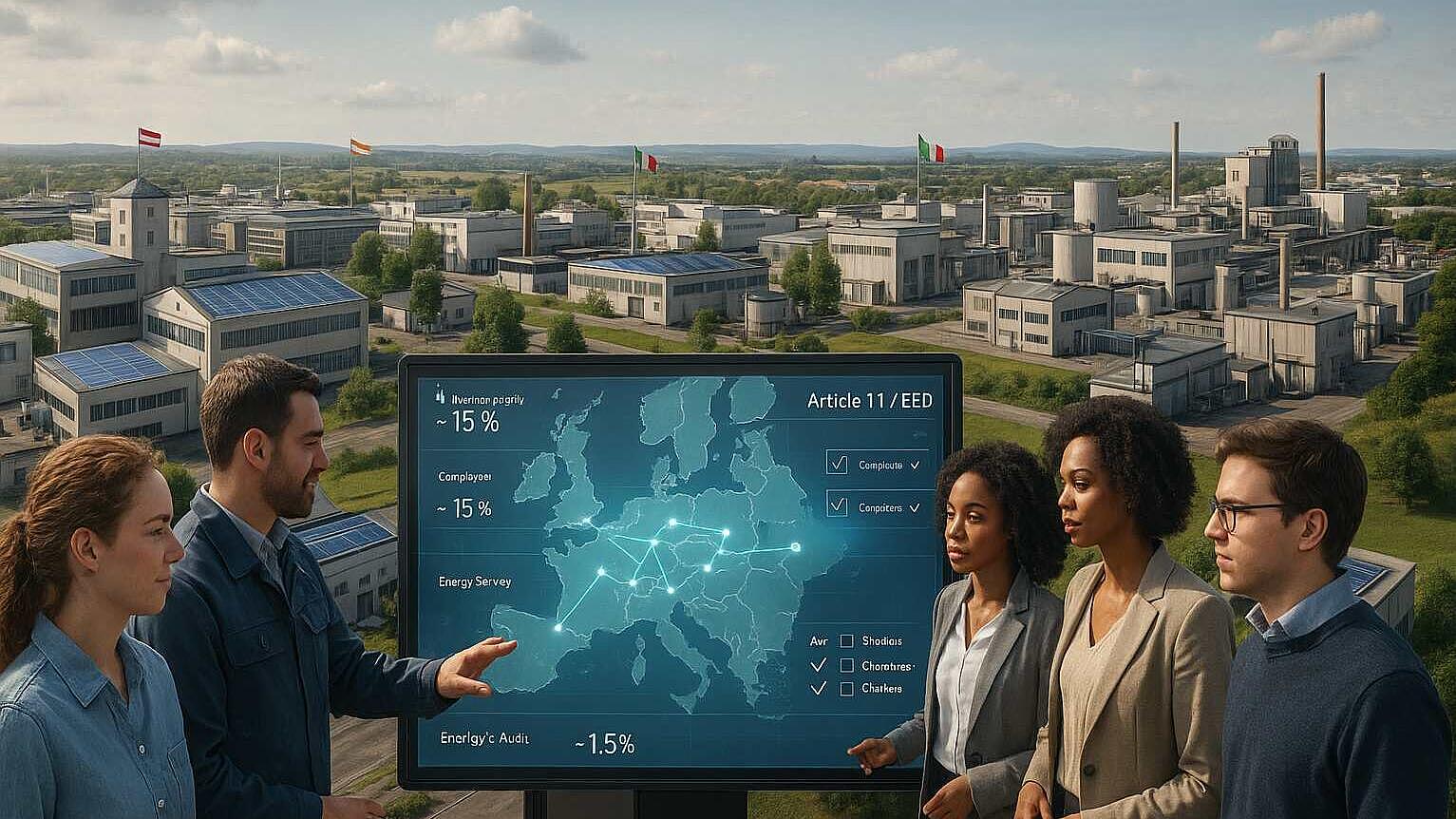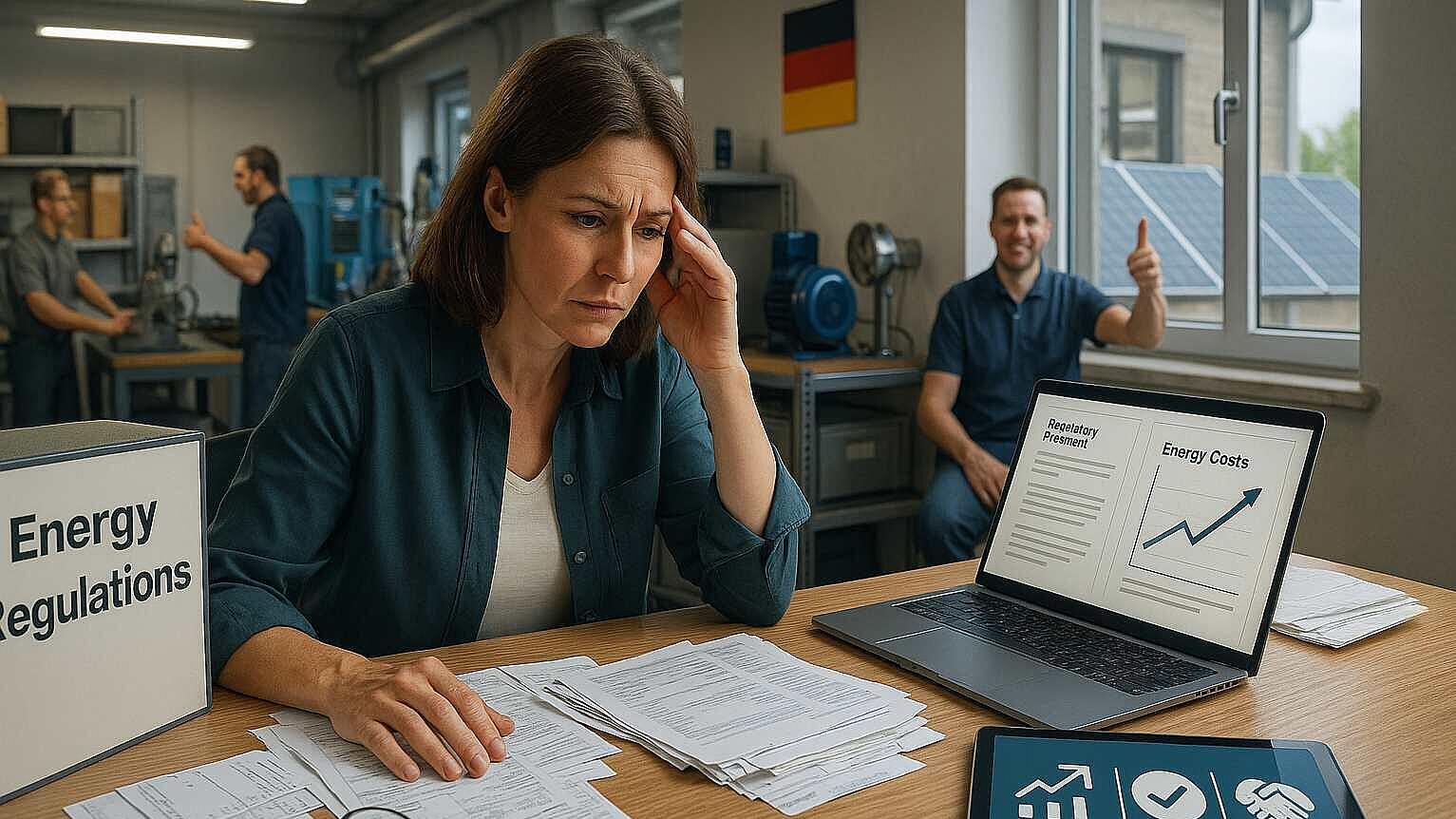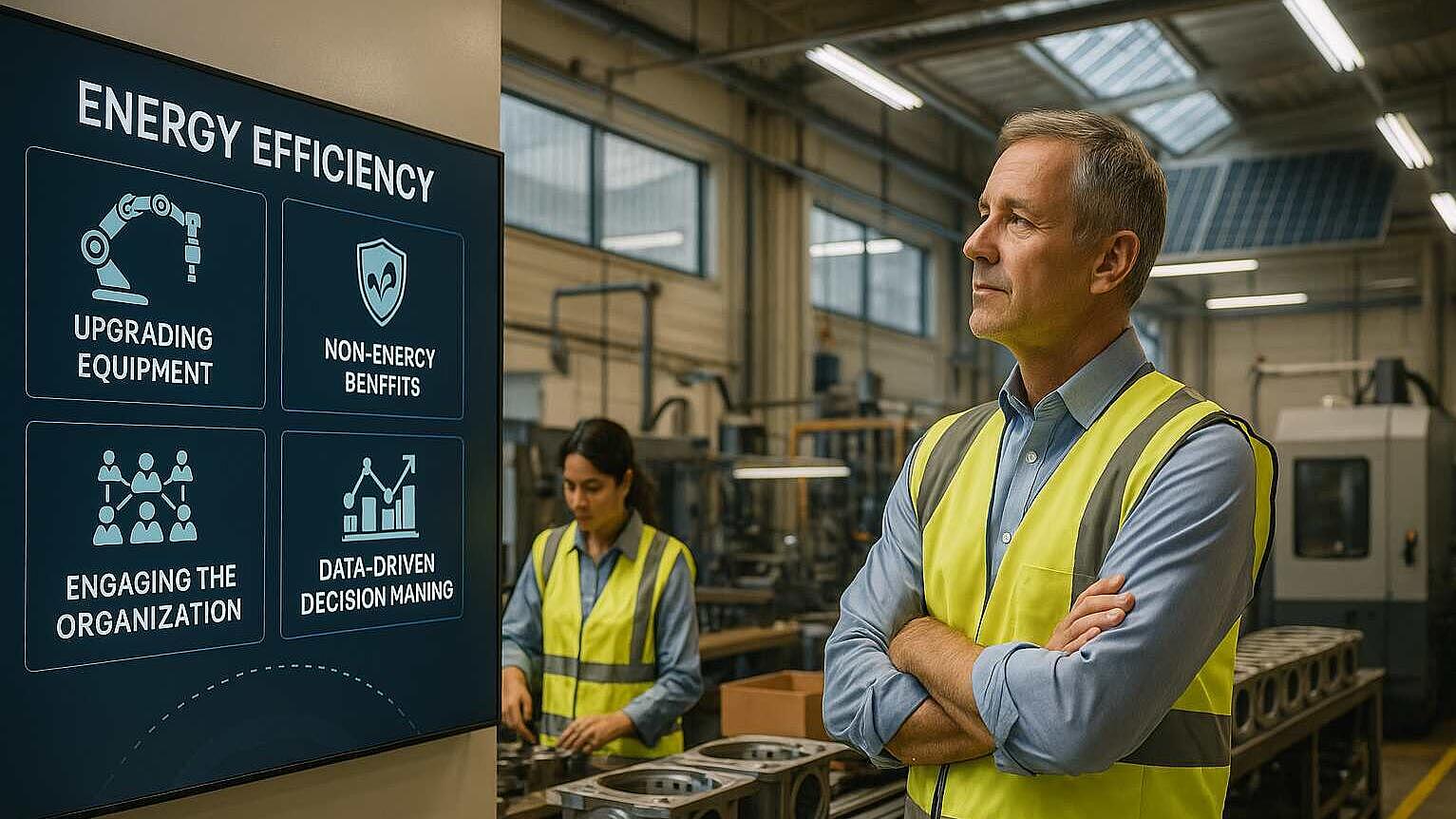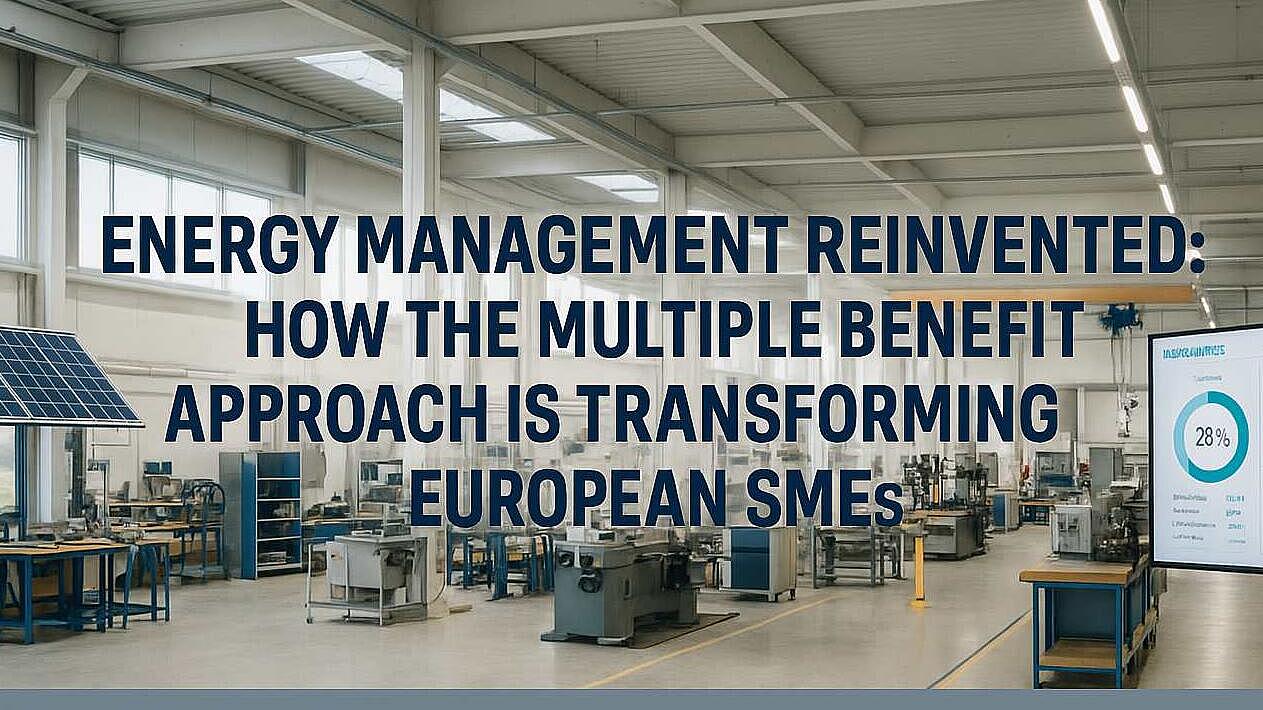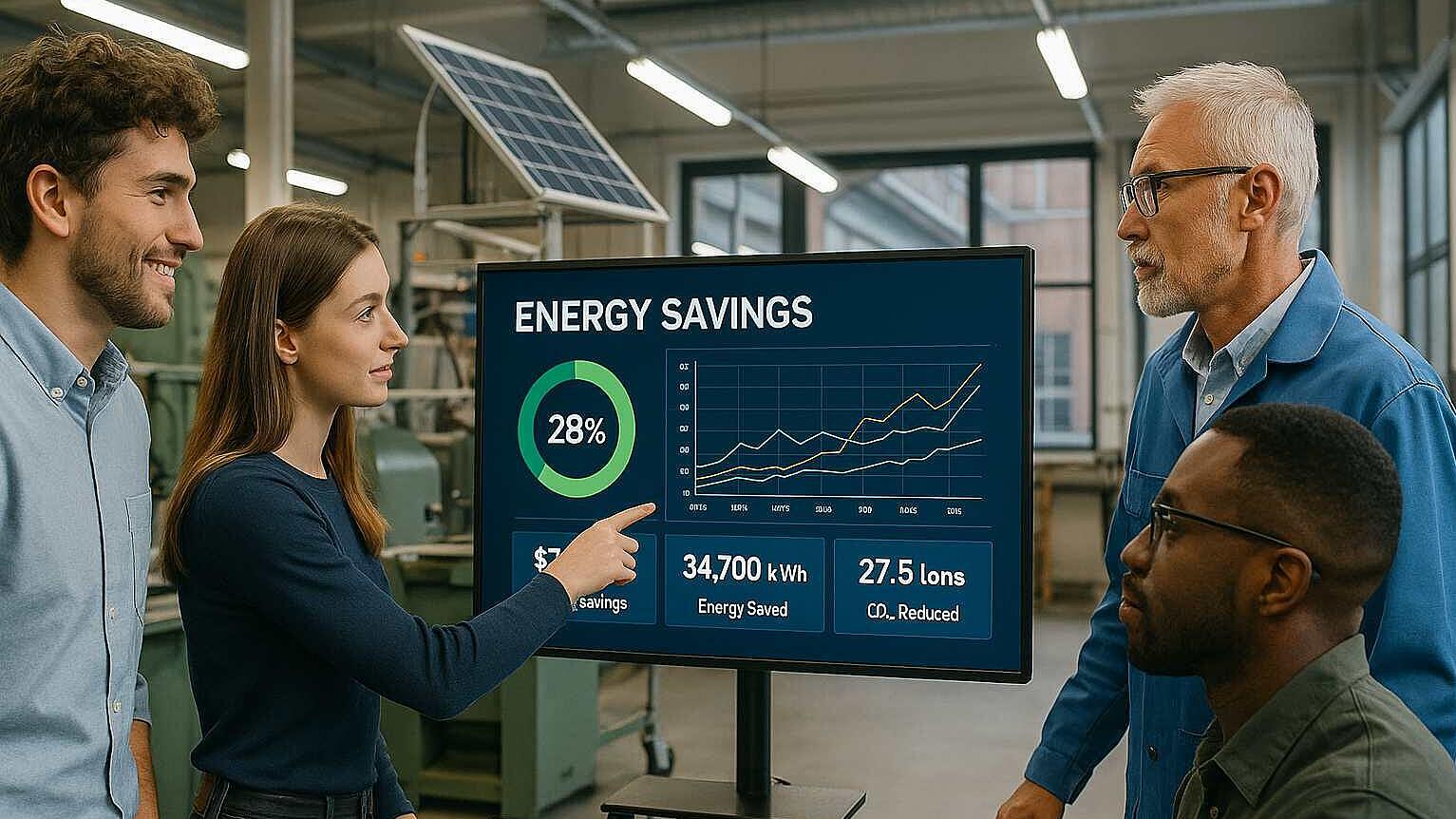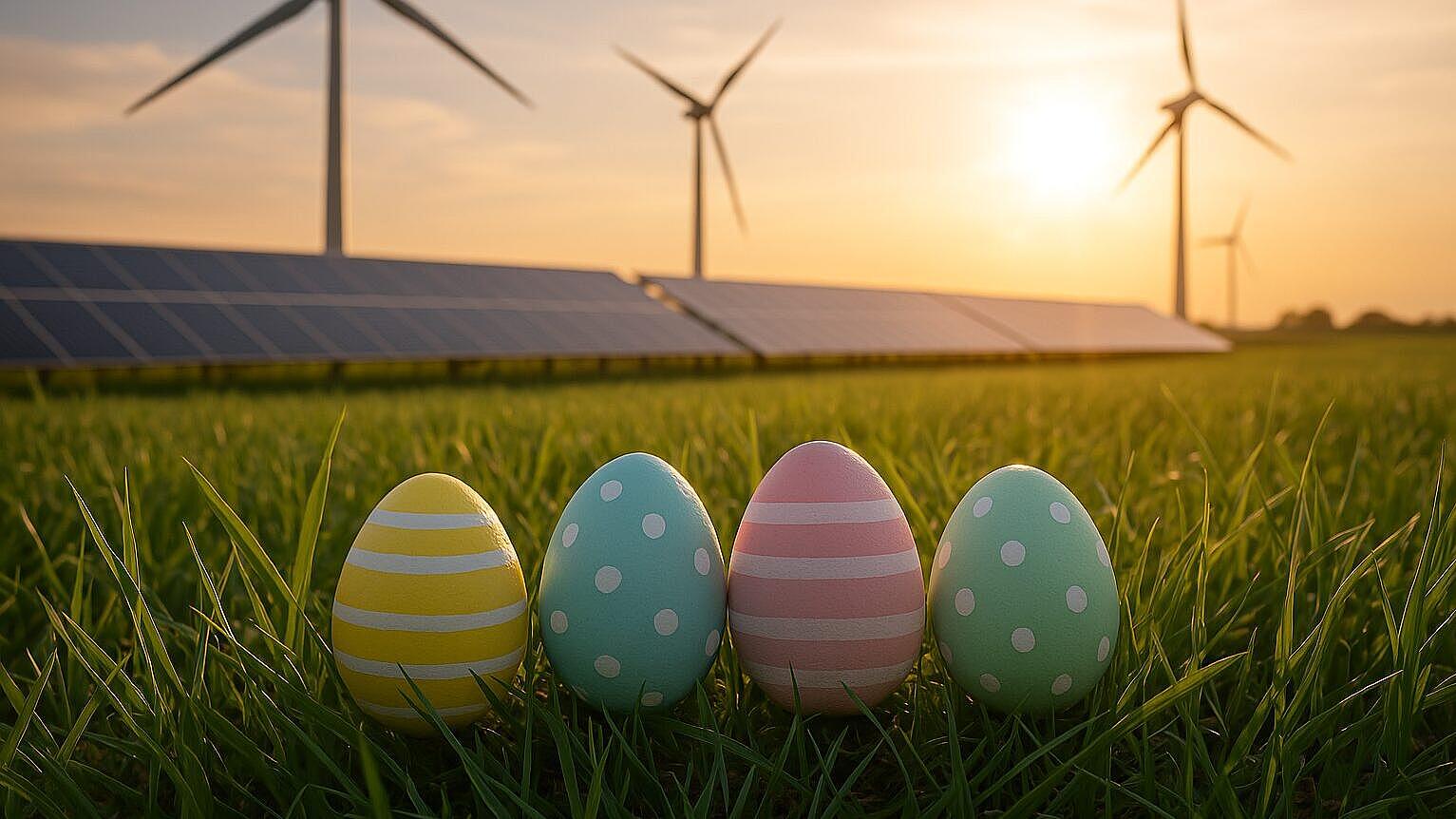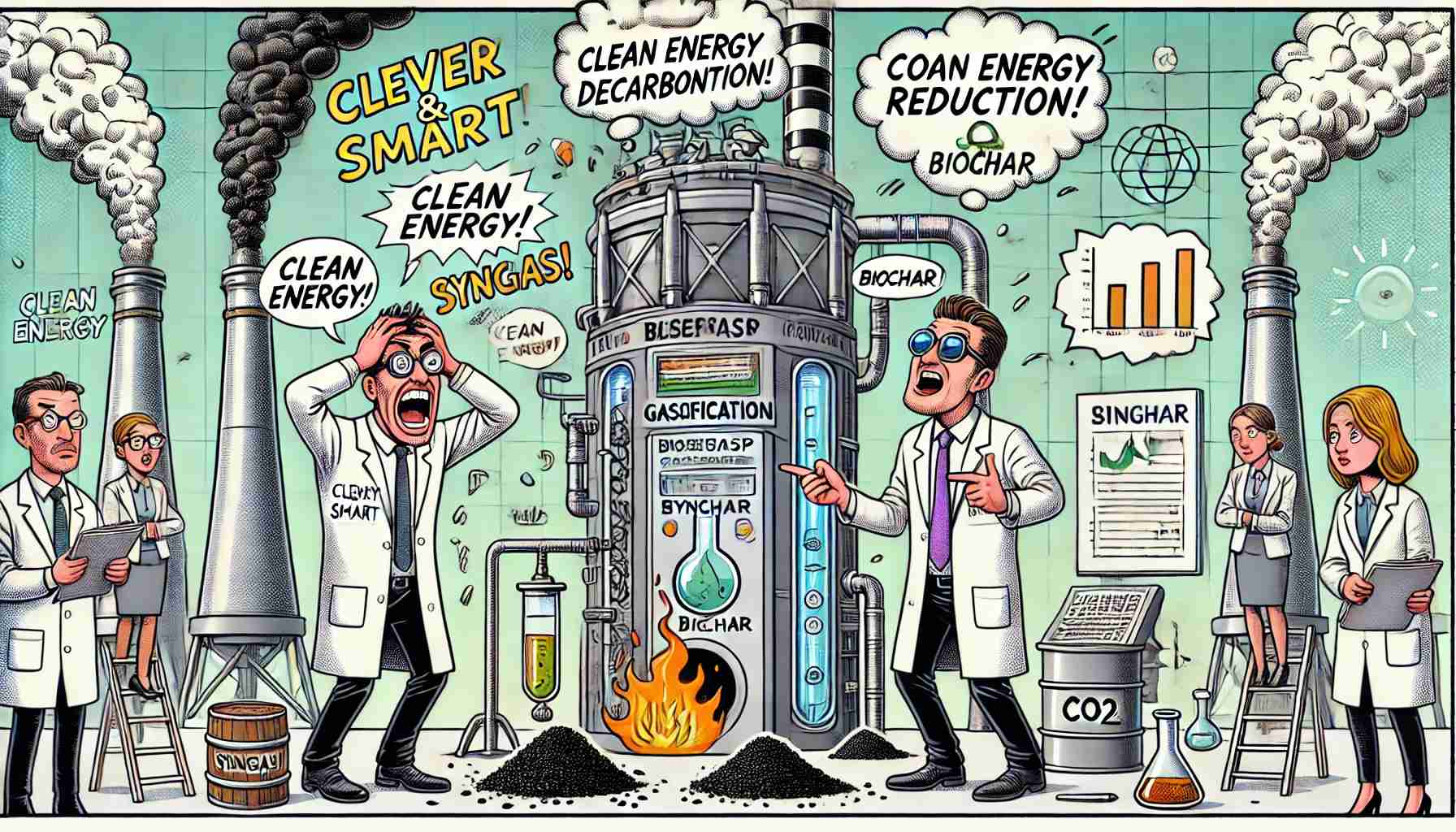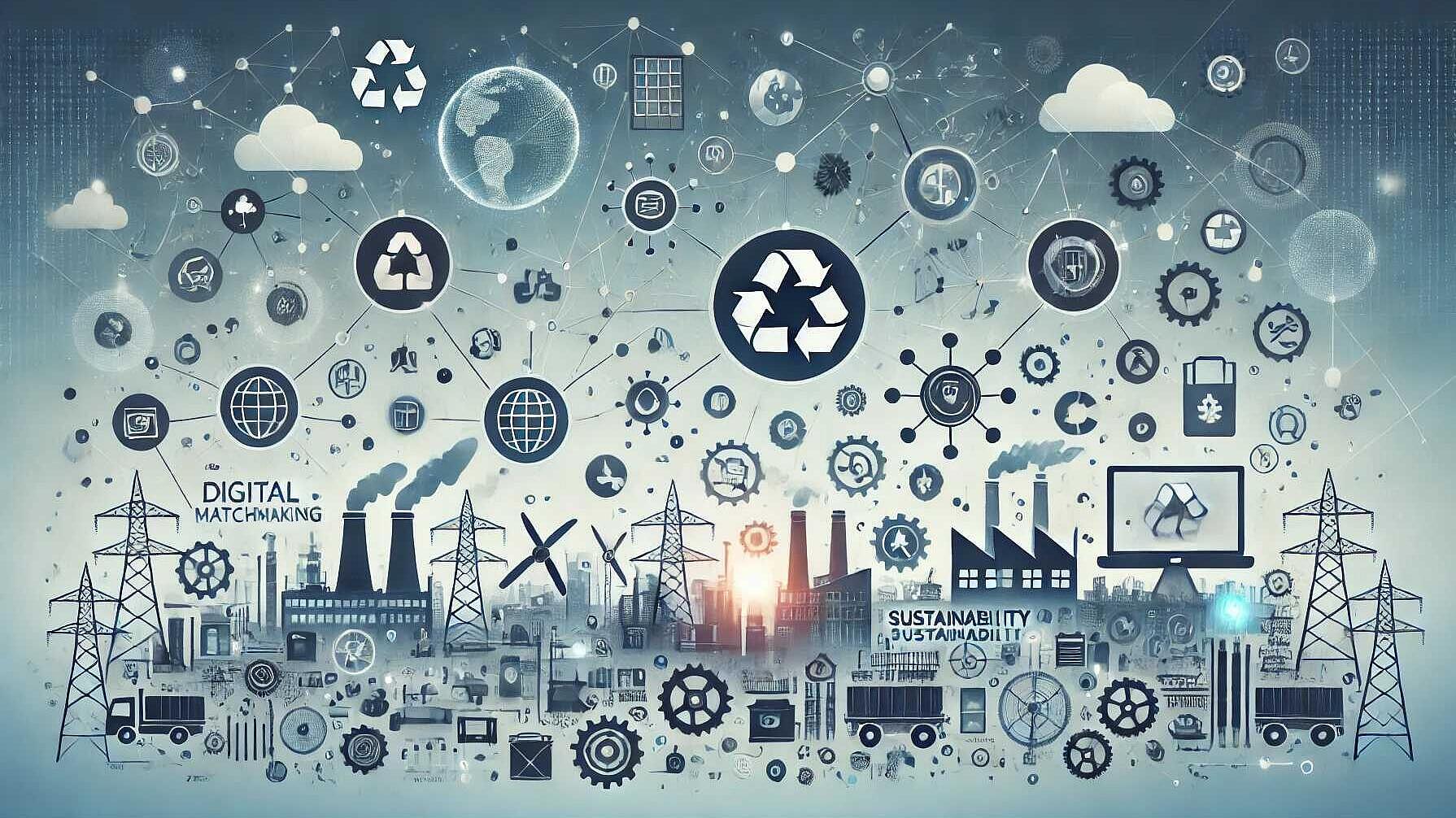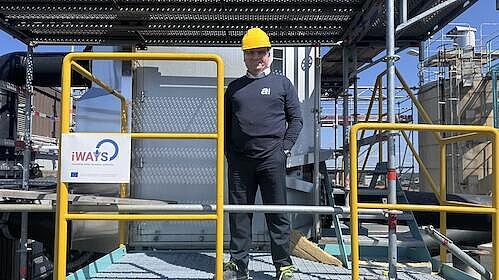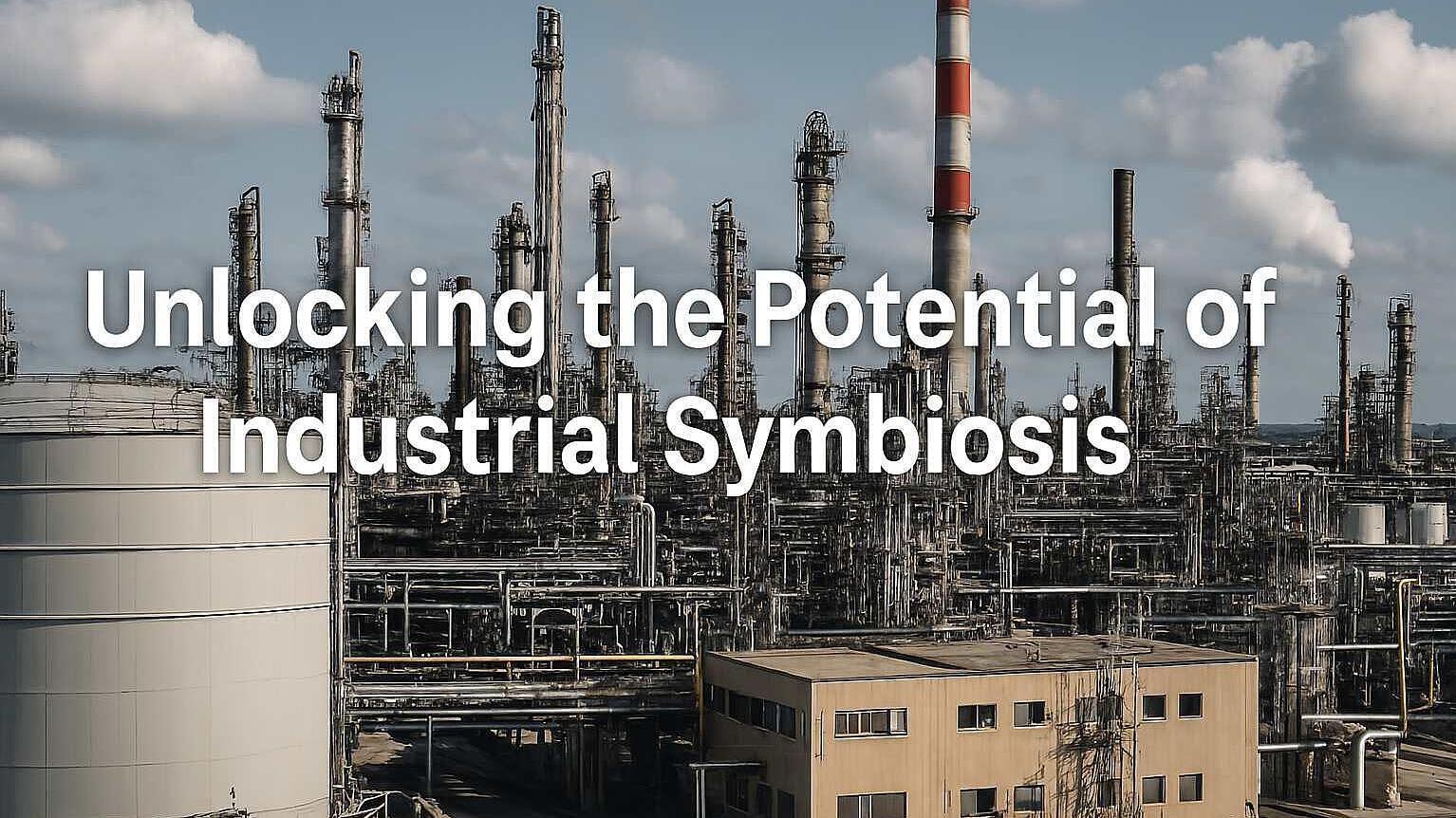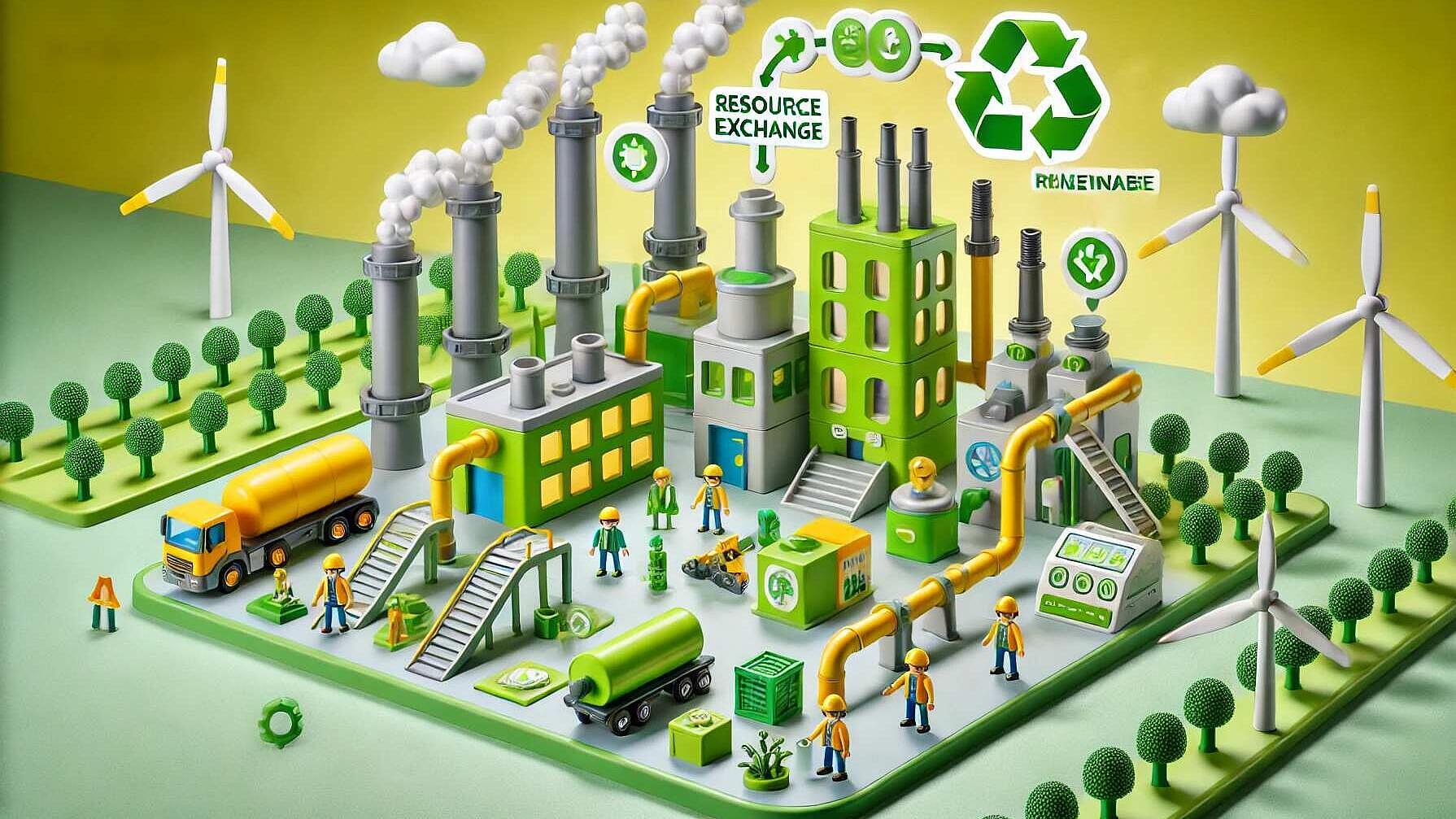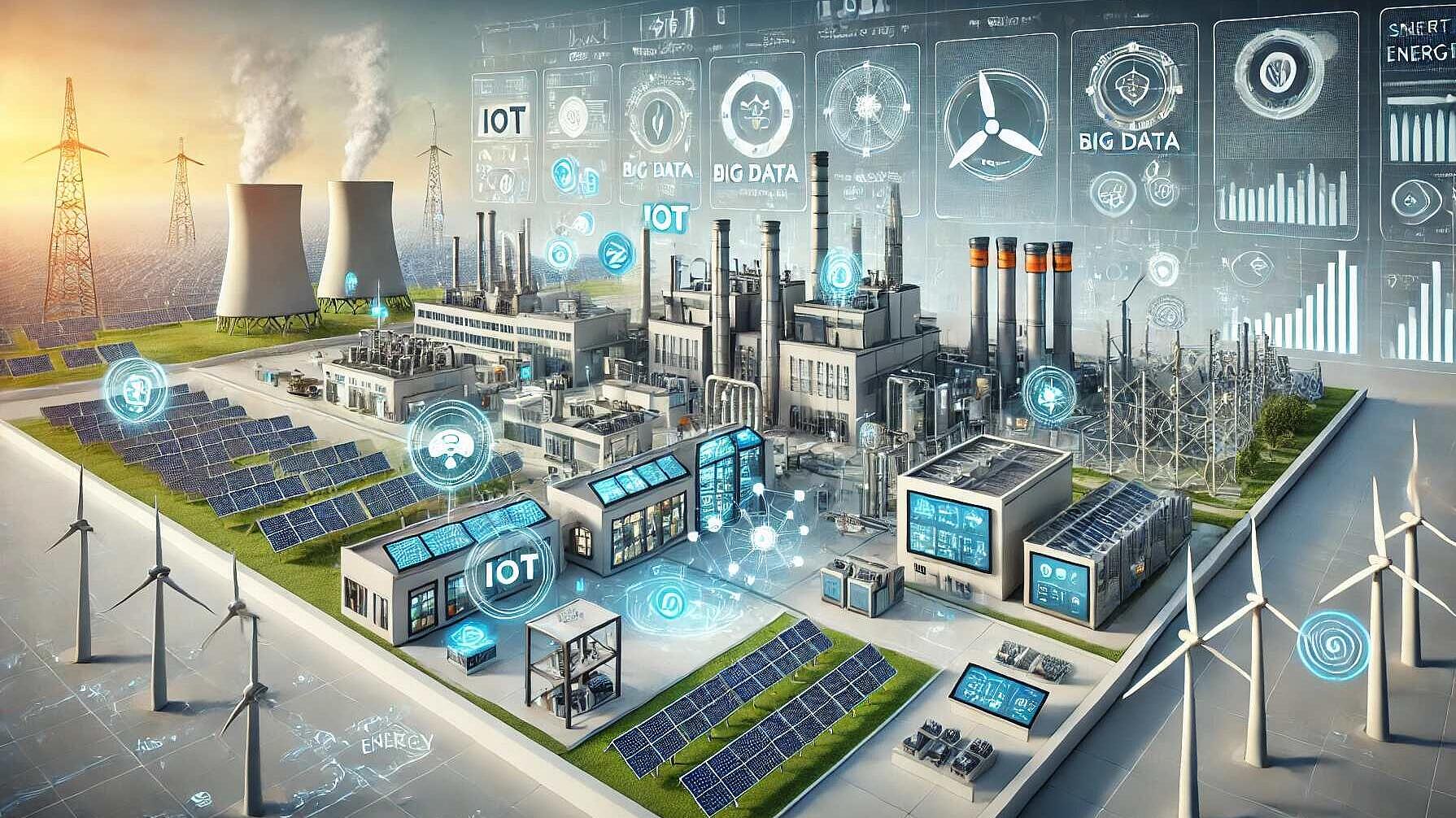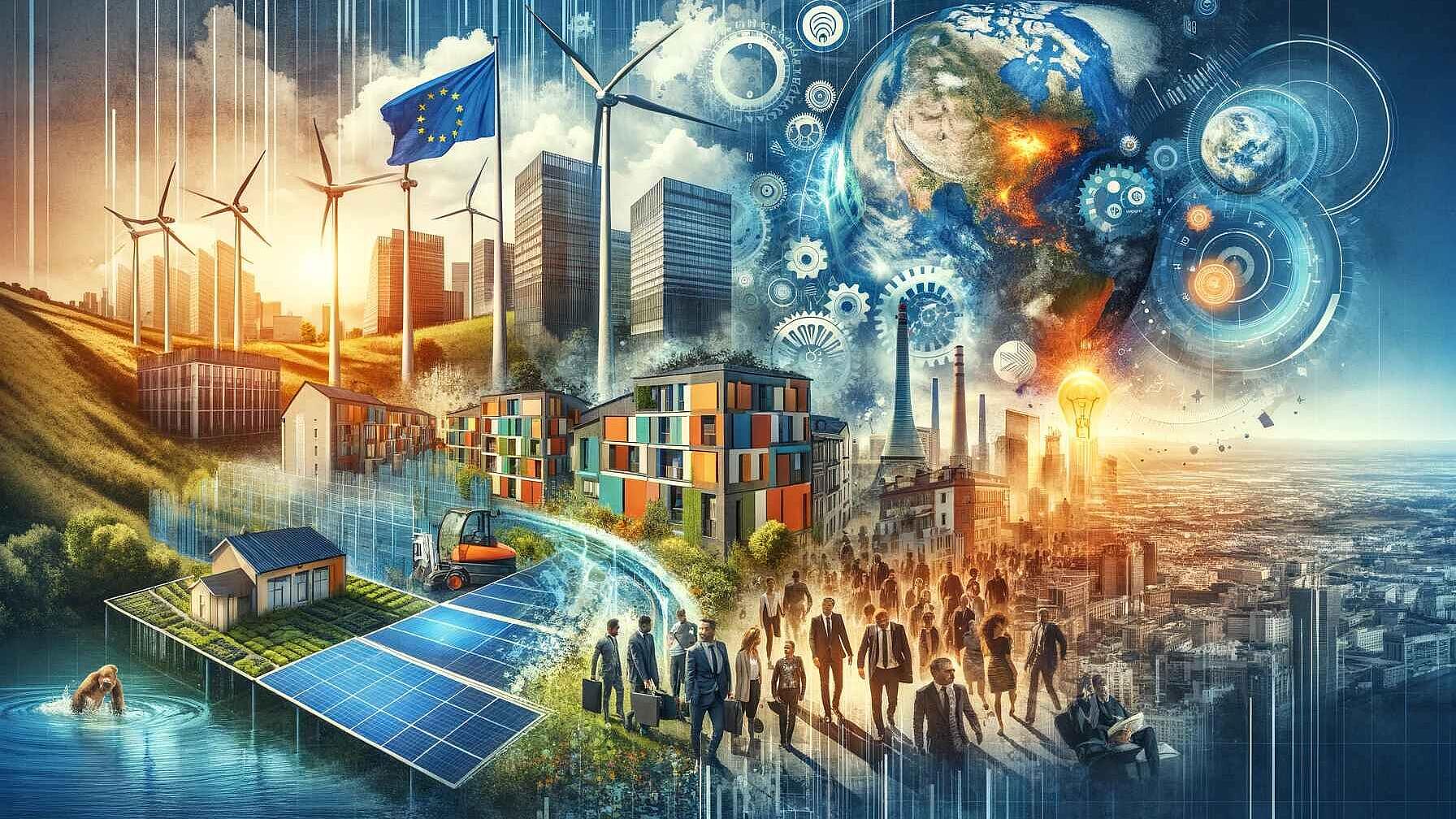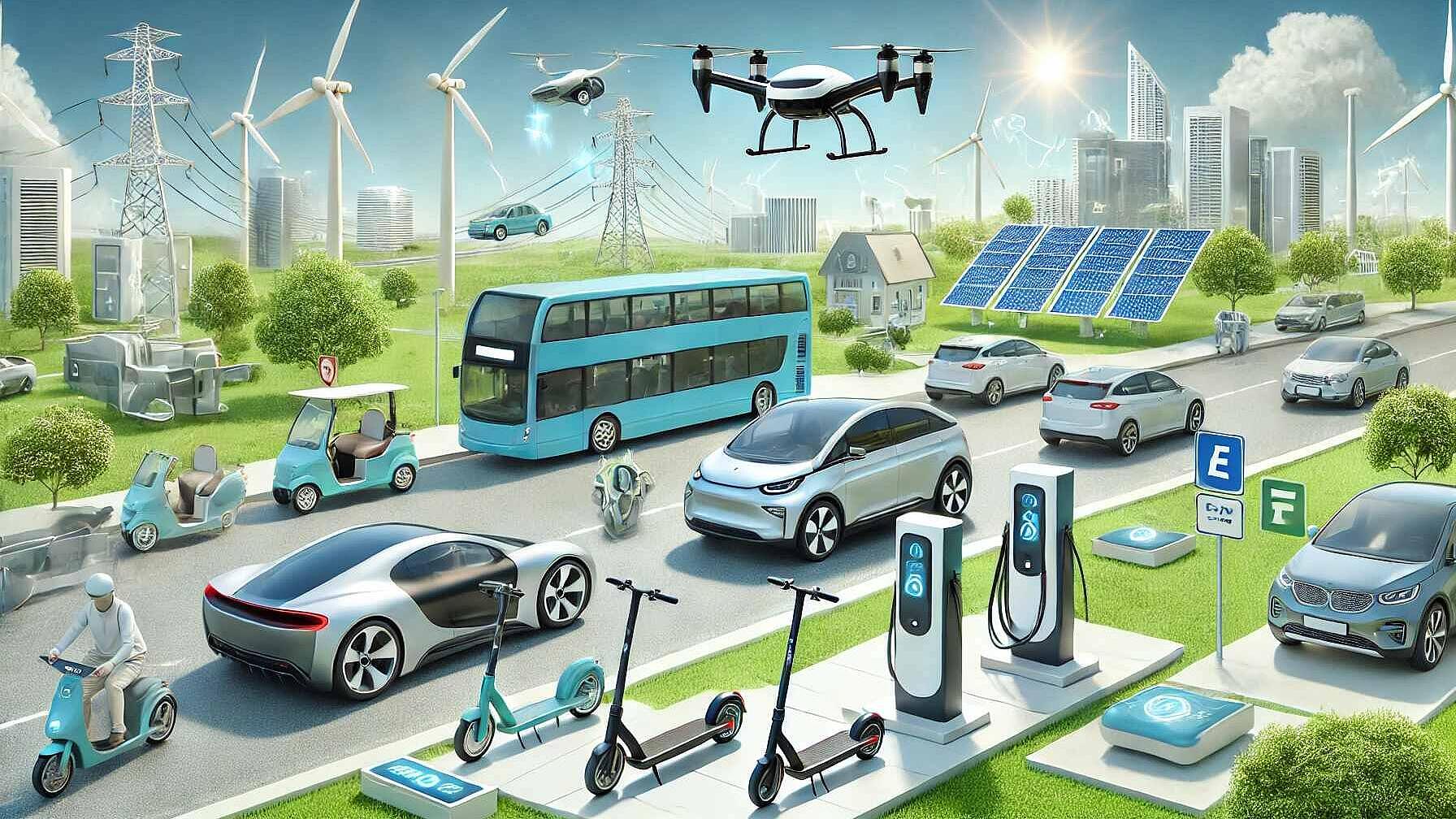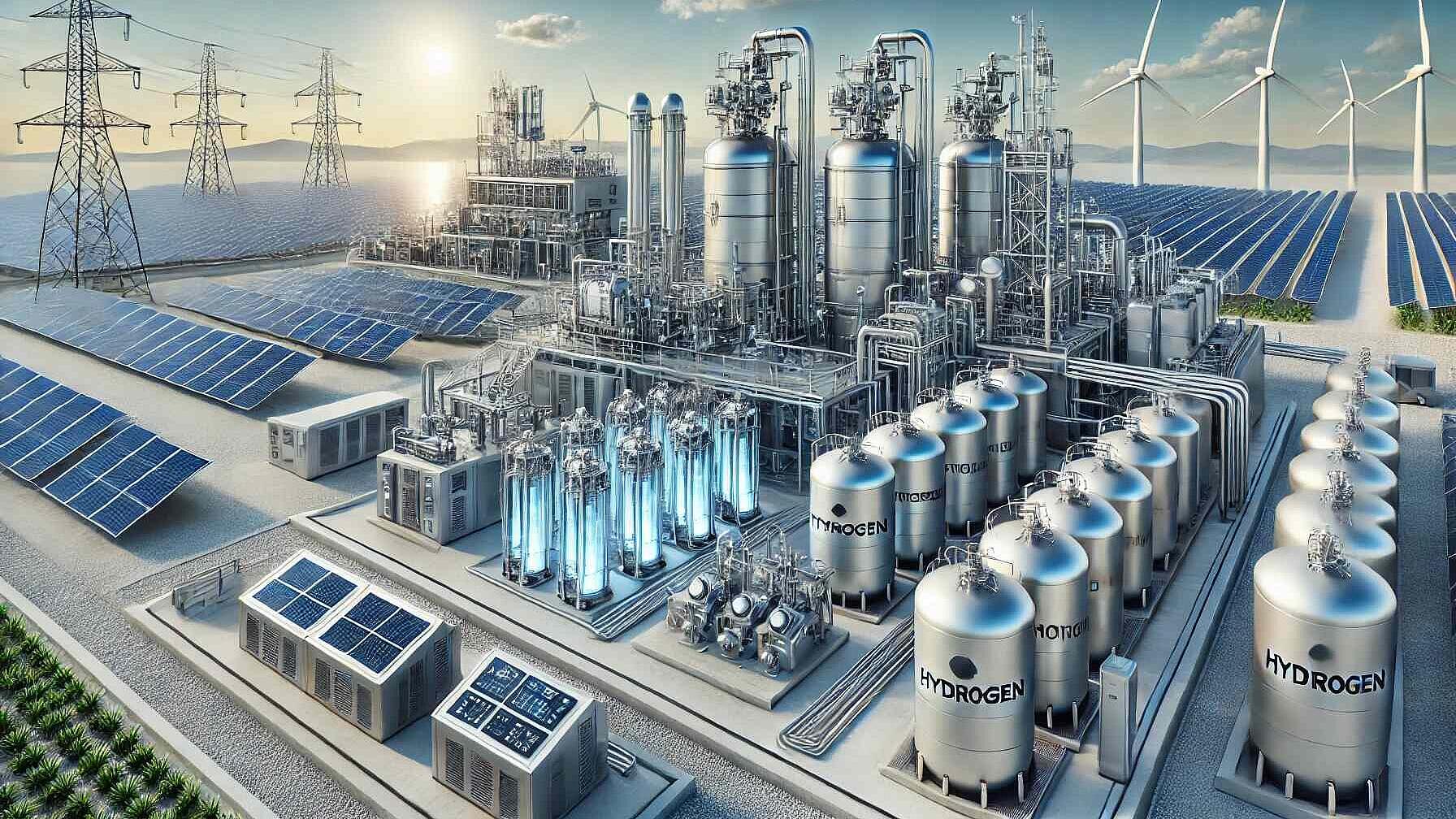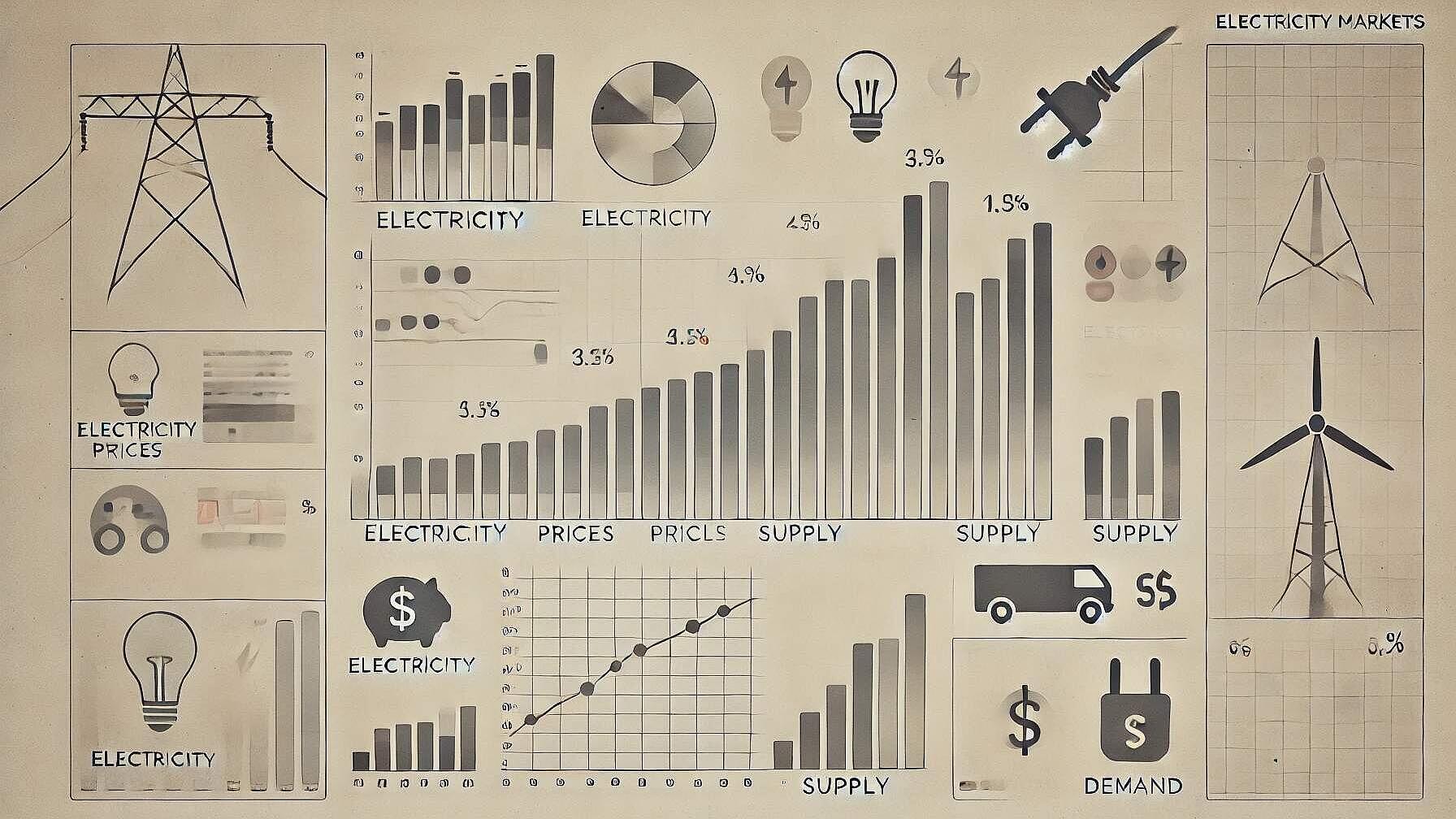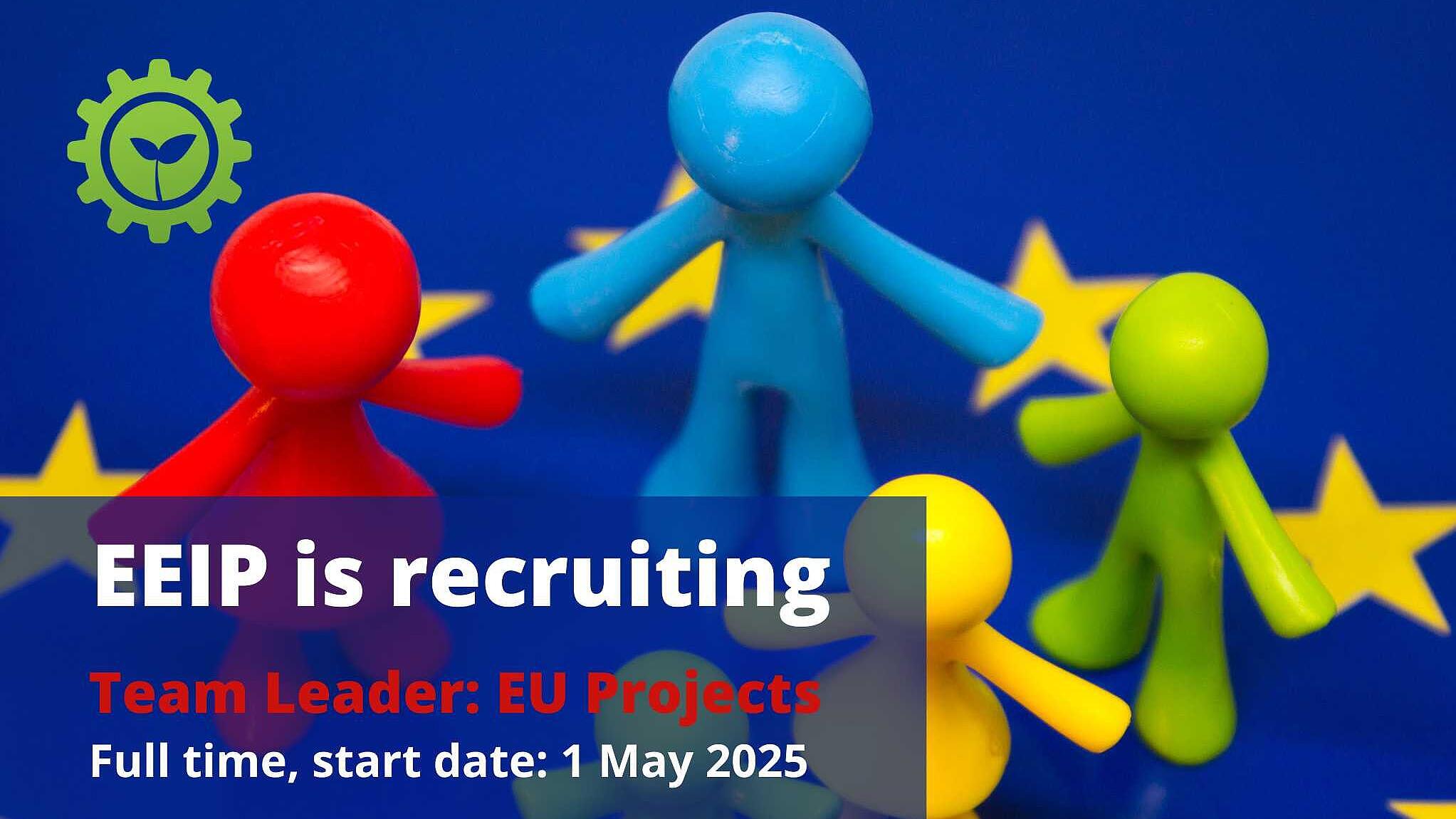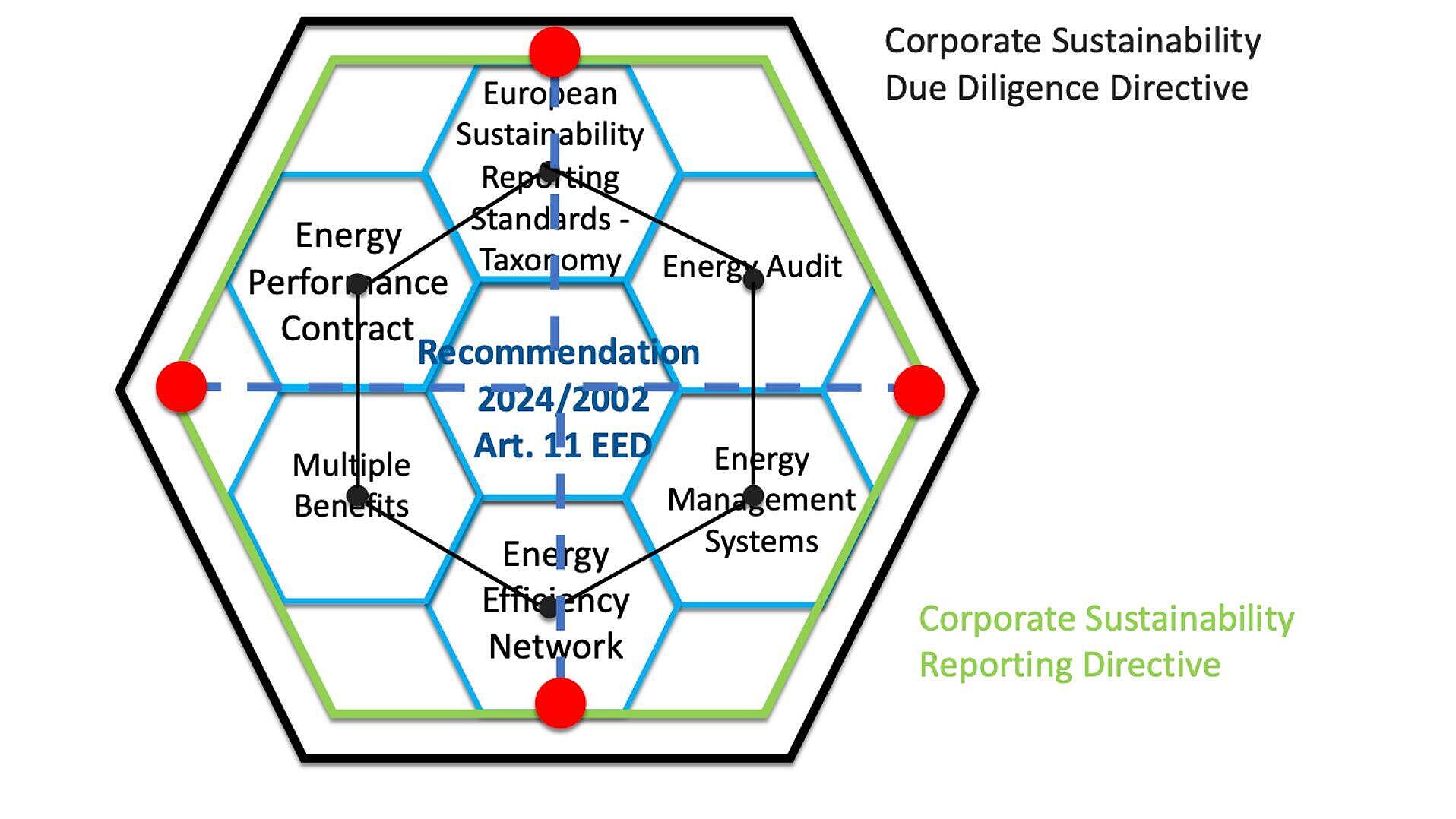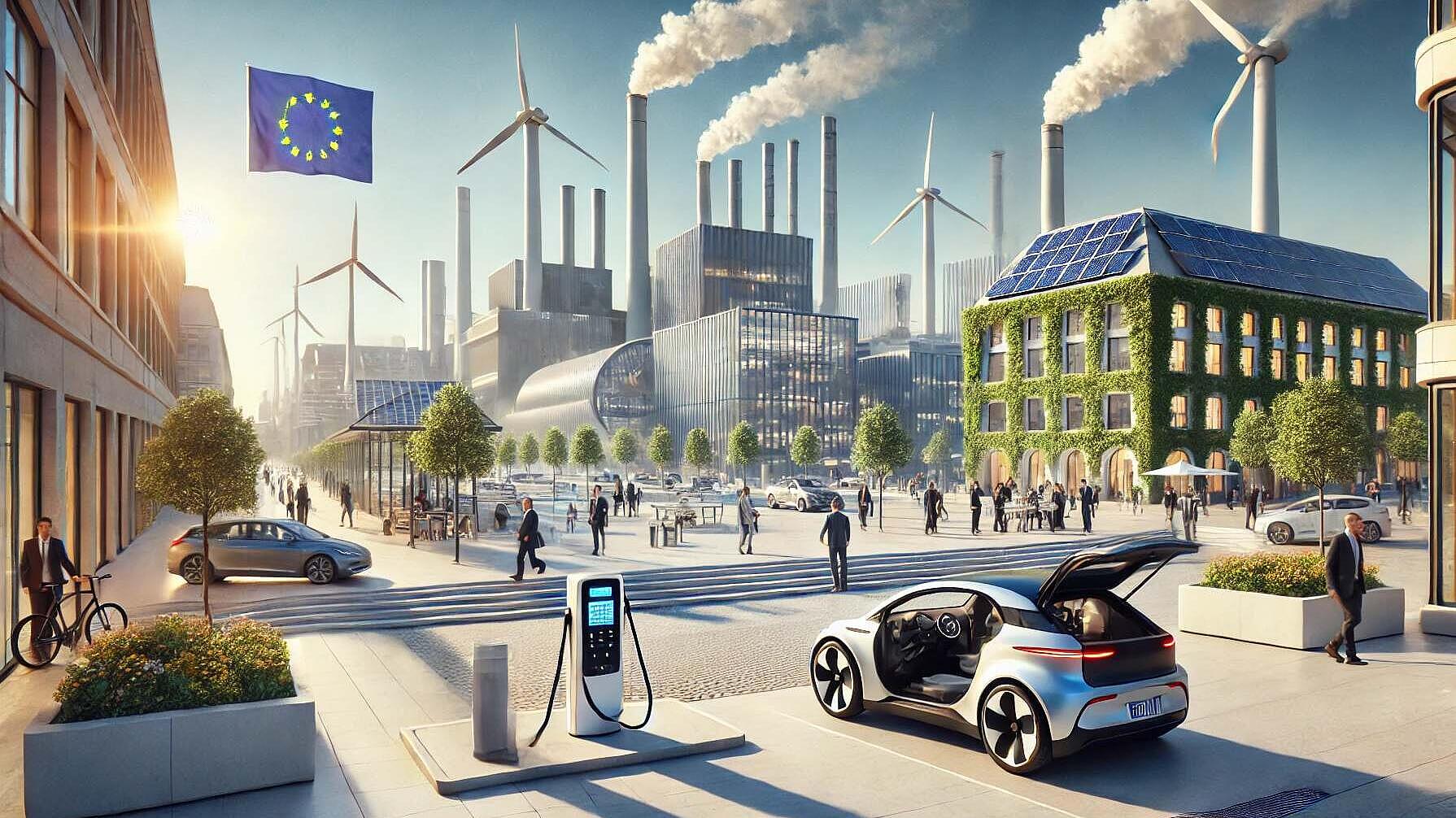 Energy Efficiency
is connected
Energy Efficiency
is connected
Desbloquear o verdadeiro valor: Porque é que os benefícios múltiplos são o futuro da eficiência energética
O projeto M-Benefits e os investigadores europeus descobriram que a mera ênfase na poupança de energia é insuficiente para motivar um investimento significativo em projectos de eficiência energética. Embora a eficiência energética seja reconhecida como crucial na política da UE para 2030 e pela Agência Internacional de Energia, existe uma lacuna no investimento efetivo das empresas. Os modelos de investimento tradicionais não têm em conta os numerosos benefícios indirectos, como a melhoria da produtividade dos trabalhadores, a qualidade dos produtos e a vantagem competitiva. O projeto M-Benefits, liderado pelo Fraunhofer ISI, visa remediar esta situação, fornecendo um conjunto de ferramentas e formação concebidos para ajudar os profissionais da energia a identificar, quantificar e comunicar as amplas vantagens dos investimentos em eficiência energética. A abordagem enfatiza o alinhamento dos projectos com as prioridades de gestão em termos de proposta de valor, redução de custos e redução de riscos. A implementação no mundo real em vários sectores demonstrou que a compreensão e o aproveitamento destes benefícios mais amplos podem acelerar a aprovação do projeto e aumentar a probabilidade de investimento. Para promover esta abordagem, foi criado um quadro unificado para a avaliação de múltiplos benefícios, formação abrangente e uma sólida base de evidências de estudos de caso. À medida que os objectivos climáticos e as exigências de sustentabilidade se intensificam, a avaliação dos benefícios múltiplos está a tornar-se cada vez mais importante. Para os futuros profissionais, o domínio destes conceitos representa uma oportunidade de contribuir significativamente para os objectivos climáticos e económicos das suas organizações.
Leer Artigo completoUltrapassar barreiras: Como o artigo 11º da Diretiva Eficiência Energética está a impulsionar uma verdadeira mudança em toda a Europa
O projeto DEESME melhora a gestão energética da UE através da colaboração, de comunicações claras e da concentração em benefícios múltiplos, abordando os desafios que as PME enfrentam em termos de conformidade, qualidade da auditoria e reconhecimento de vantagens mais amplas da eficiência energética para além das poupanças.
Leer Artigo completoCinco grandes passos para uma Europa mais inteligente e mais ecológica: Repensar os regimes energéticos nacionais
O projeto DEESME tem como objetivo simplificar a eficiência energética para as PME europeias, fornecendo recomendações práticas de esquemas nacionais centradas no utilizador, destacando os benefícios e tornando as orientações políticas claras e acessíveis, juntamente com o incentivo à avaliação comparativa e ao rastreio da pegada de carbono.
Leer Artigo completoPara além da poupança de energia: Como as PME europeias estão a liderar o caminho com a abordagem de benefícios múltiplos
O projeto DEESME demonstra como as PMEs em toda a Europa beneficiam de auditorias energéticas integradas, conseguindo poupanças de energia e desbloqueando múltiplas vantagens comerciais, tais como maior inovação, satisfação dos funcionários e resiliência.
Leer Artigo completo⚙ Práticas comerciais
Os sistemas de ORC estão a ajudar a criar um futuro energético sustentável
A tecnologia do Ciclo Rankine Orgânico (ORC) está sendo usada na Suécia para transformar o calor residual em eletricidade renovável. A forma de alta eficiência e baixa manutenção para produzir electricidade sustentável está a ser adoptada pelos sistemas de aquecimento urbano em todo o mundo. Leia como Ronneby.
Ler maisTecnologia de Ciclo de Rankine Orgânico com aplicações em solução de Recuperação de Calor
ORC RANK tem trabalhado com SWEP para implementar uma solução de recuperação de calor para geração de energia elétrica. A faixa de ativação para os equipamentos de baixa temperatura começa em apenas 85 °C. Os permutadores de calor SWEPs são instalados como economizadores.
Ler mais⚙ Tecnologia de Eficiência Energética

